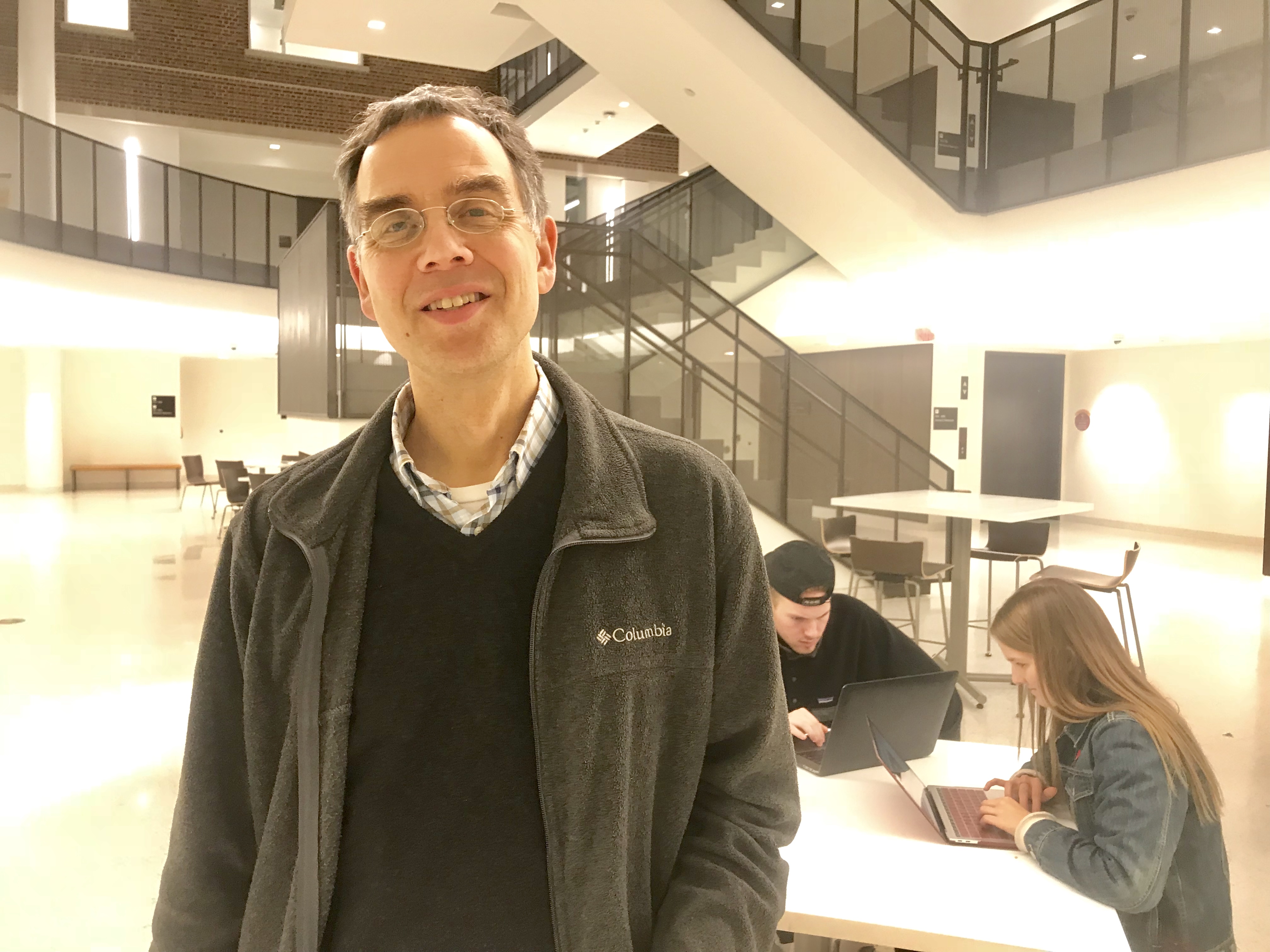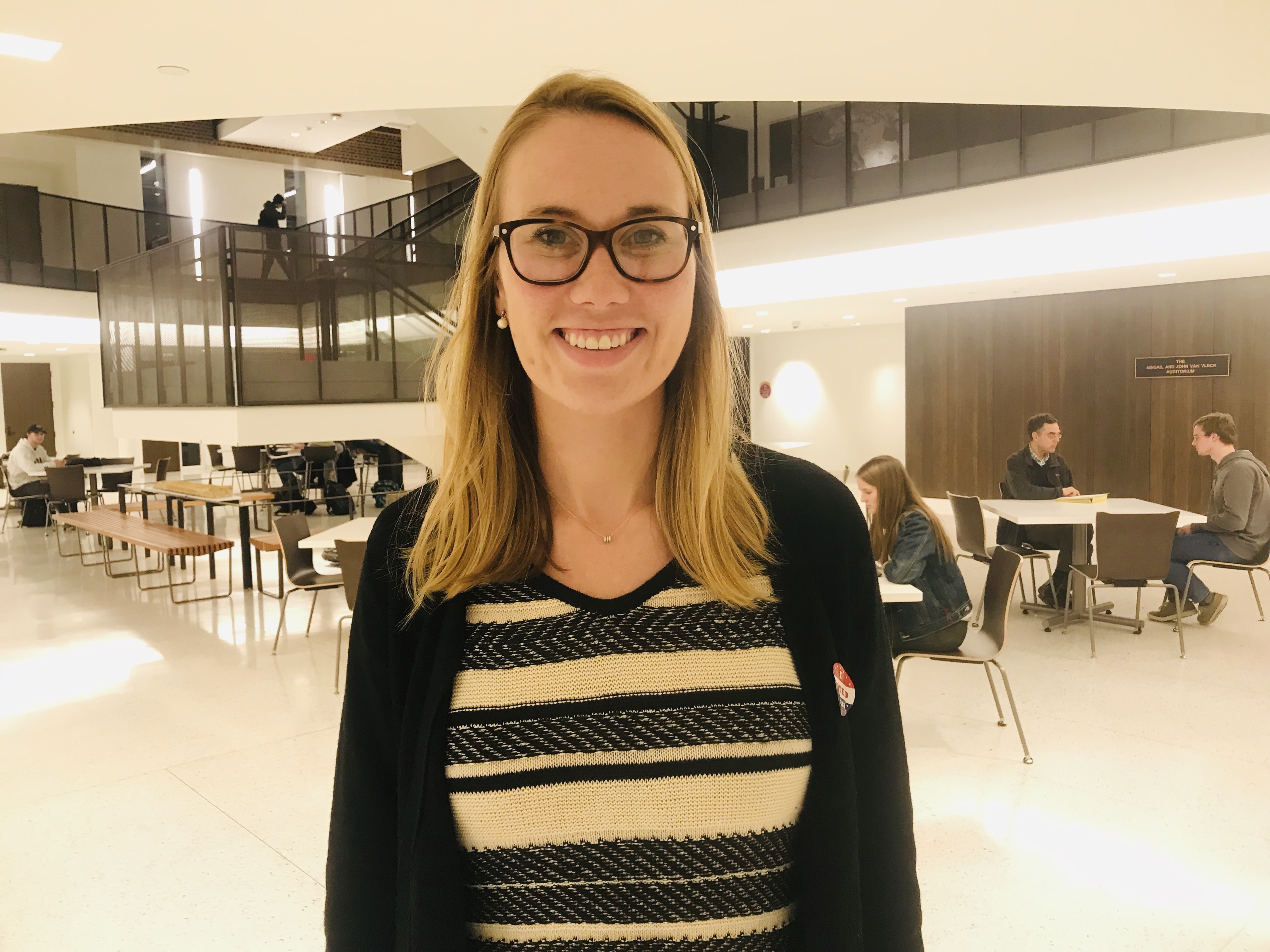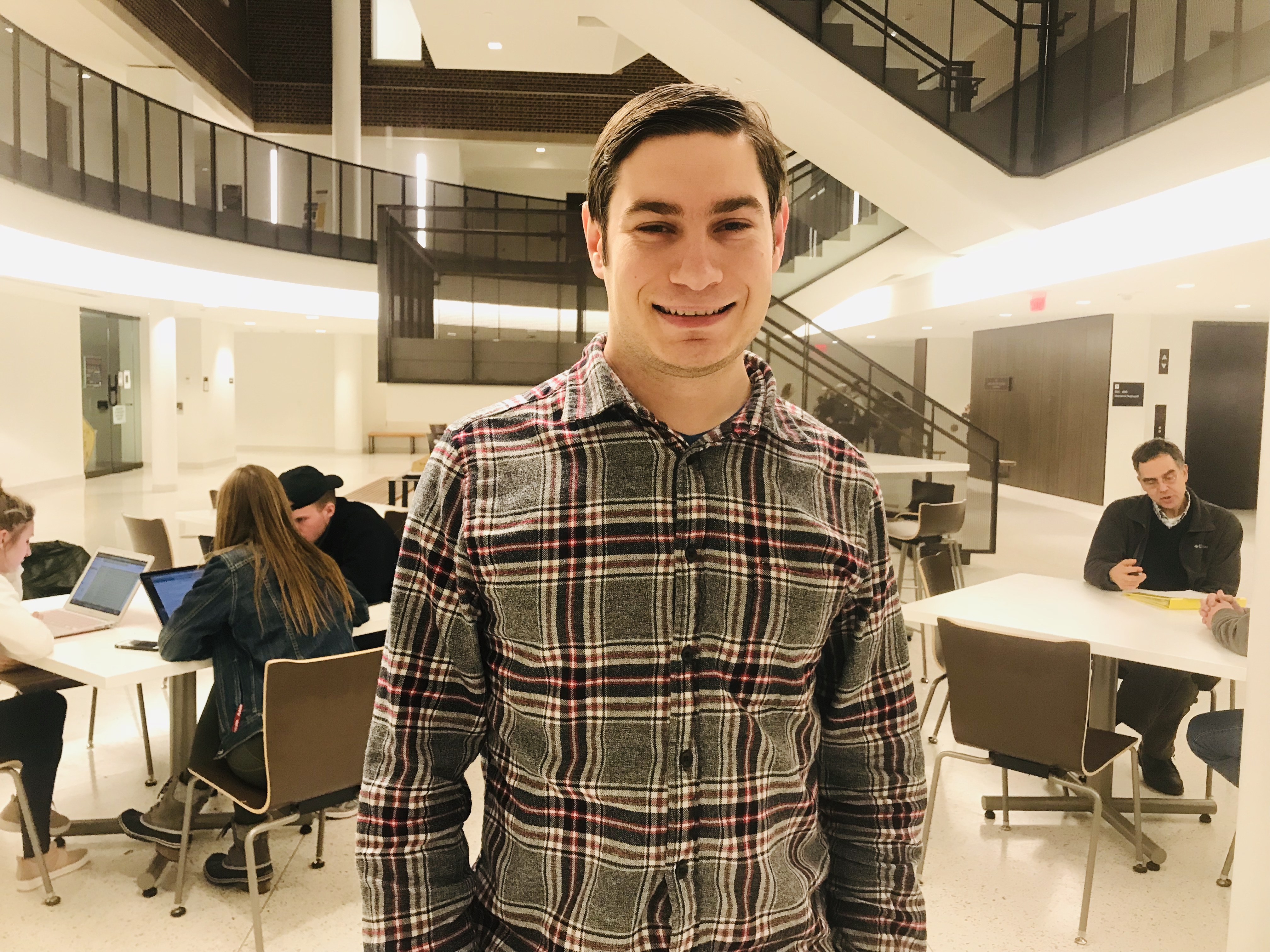Want to know more about the people behind SciCourt! Read on to hear directly from the instructors about why they are involved, what they do, and what they hope SciCourt will accomplish.
Or if you would rather listen, take a look at Luke Diamond's recent podcast to hear more from the Lauren Clatch (Science Team Advisor) and Collin Tierney (Legal Team Advisor)!

Q: Why did you create SciCourt?
A: Over the last ten years or so I've grown increasingly worried about the state of democracy in the U.S. Loss of trust in institutions and polarization have reached dangerous levels that are eroding the basic fabric of democracy. Even worse in recent years people cannot even agree on the basic facts of an issue. As a scientist whose work is dedicated to the pursuit of truth I feel a special responsibility to do what I can to combat these trends. I want my daughters to grow up in the same country that I remember where democracy was a given and people and their representatives were Americans first and politics came second.
Q: What is your role in SciCourt?
A: I guess I'm the director and producer of this elaborate play. There are many moving parts in Science Court. I've been working to make everything come together smoothly. It's particularly challenging to do this in an educational environment where the "actors" to continue with the play metaphor are really students. Science Court has two goals: to make a difference in the world by improving the quality of discourse in our society *and* to provide the students taking the course with a meaningful learning experience. I try to keep those goals balanced.
Q: What do you hope SciCourt will accomplish?
A: My plan is to run this course for several years to gain experience and then go off campus with the students to address issues that concern people across the State. If we're successful, I'm hoping that other universities will pick this idea up and Science Court will help to spread civil rational discourse across the country.

Q: Why are you involved in SciCourt?
A: I got involved with SciCourt when Professor Tadmor approached me because he was looking for someone who could teach the media component of this course. Since I was already an adjunct in the journalism school at the U (HSJMC), it was a natural fit! I am also a documentary filmmaker who has done my own social media for many years and I knew I could help him. I’m excited to be part of this because I believe in what Professor Tadmor is trying to do in this course, which is to combat polarization in American society and strengthen democracy.
Q: What is your role in SciCourt?
A: My role is to help students communicate messages to the public about what’s going on in this very unique course. So I oversee the “media team” as they create weekly blog posts, podcasts, videos and on-going social media posts (Facebook, Instagram, Twitter). Our team of four students is also responsible for the overall PR strategy, including finding jurors and communicating about the upcoming trial to external media. Since this is the first time this honors course has been offered, we are documenting the class every step of the way. In fact, I encourage you to check out the website and social media posts here: Facebook, Instagram, and Twitter! My team appreciates any and all followers, comments, shares, retweets and likes!
Q: What do you hope SciCourt will accomplish?
A: What I hope SciCourt will accomplish is to create a new method of dealing with controversial issues in society. In today’s political climate, we have forgotten how to talk to each other and maybe it will help if we have discussions based on science and facts. If this mock trial system works, it could be a model for communities around the country. Is civility possible in today’s polarized political climate? Come and find out during the “SciCourt” mock trial. I’m excited to see how it goes and I hope you are, too!

Q: Why are you involved in SciCourt?
A: I believe legal systems can be improved by science, so pairing the legal apparatus of decision makers from a community (jurors) with a question best answered by science is right up my alley! SciCourt is exciting and innovative.
Q: What is your role in SciCourt?
A: I am one of four instructors, and I oversee the Science Team. I trained all students on the basics of the scientific method, and gave special training to the science and legal teams on how to evaluate the scientific method (and conclusions drawn from those methods) of real articles/studies.
Q: What do you hope SciCourt will accomplish?
A: In the short term, I hope the students learn the basics of the scientific method and feel empowered to embody healthy skepticism outside of the classroom. In the (short and) long term, I hope that SciCourt excites communities--with the SciCourt framework any community that adopts the SciCourt process can make a scientifically-informed decisions.

Q: Why are you involved in SciCourt?
A: In law (at least criminal law) disputes are usually solved through an adversarial process, where the two parties want goals that tend to be diametrically opposed to each other. It can be disheartening at times. The truth is often somewhere in the middle, but the conflicting objectives of the parties can sometimes make it feel like nobody truly wins. Science Court's aim is to make dispute resolution more collaborate, to raise the level of participation in our society. It's part of a "tides raise all ships" perspective, which is inspiring.
Q: What is your role in SciCourt?
A: I'm the "legal team" adviser, meaning it's my job to help the legal team students prepare the selected case for trial. I try to use my experiences as an attorney and forensics coach to develop public speaking skills, critical analysis, and teamwork with the students.
Q: What do you hope SciCourt will accomplish?
A: It would be wonderful if Science Court ultimately proves that people from a wide variety of backgrounds can come together and agree on important issues if they are just shown the evidence in a fair, neutral manner. I don't know if we will be able to build government or nonprofit policy dispute resolution off the course in the end, even if the course is a complete success on all the fronts it's supposed to be. But I would certainly like to try and see how far this can go. We can hope that governments will model concrete mechanisms off some of the things we are doing in this course. It would be a welcome change from the way our society is currently trending in how it chooses to make policy today.